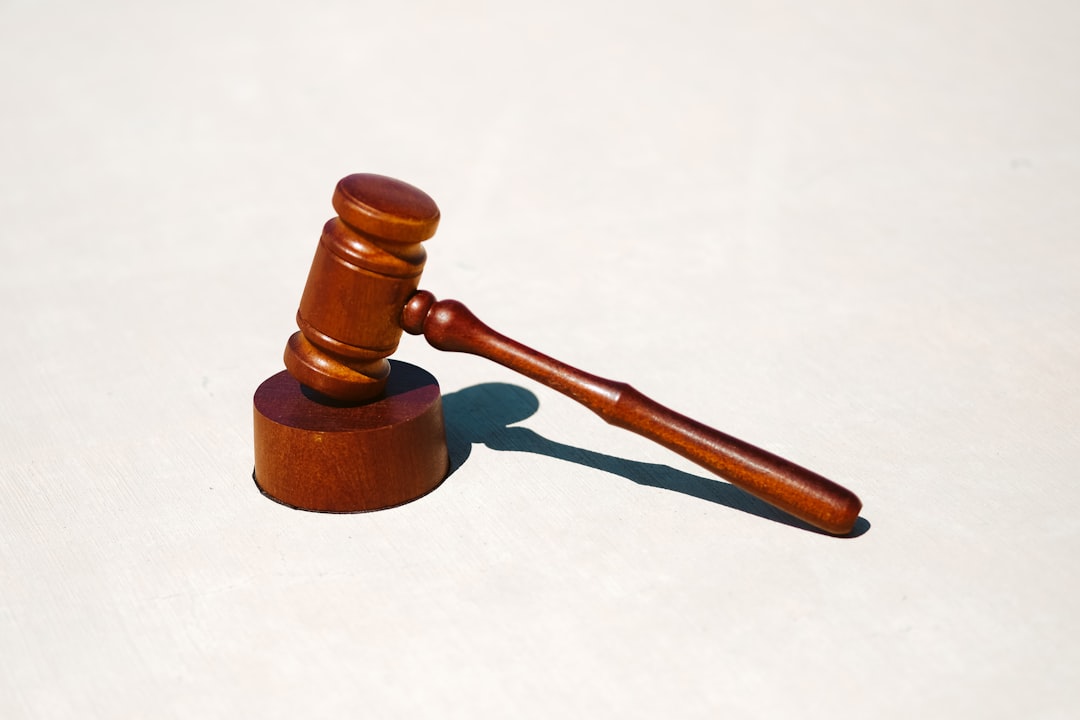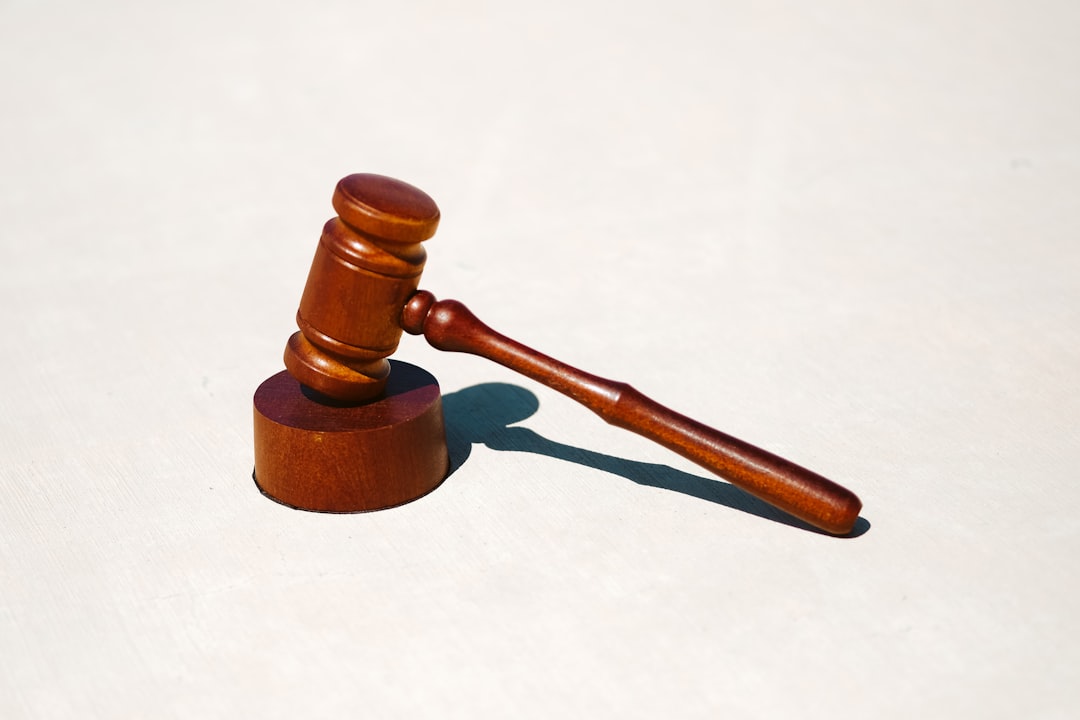Spam texts and calls from businesses, unknown sources, or even spam call lawyers Wisconsin are a prevalent digital nuisance, disrupting users' lives and posing privacy risks. These messages can lead to identity theft if sensitive data is compromised. In the Wauwatosa Awareness Campaign, spam call lawyers Wisconsin educate consumers about their rights, navigate telemarketing laws, and prosecute spammers, empowering residents to identify and avoid deceptive practices. To stay safe, be cautious of unknown numbers, suspicious content, and never click on links from unfamiliar sources. Utilize call-blocking apps and register with Do Not Call lists. For persistent spam, consult spam call lawyers Wisconsin for legal assistance.
“The relentless flood of unwanted text messages, or spam texts, is a modern-day nuisance plaguing consumers across Wisconsin. This pervasive issue has led to the rise of dedicated advocates, such as the Wauwatosas Awareness Campaign, aiming to educate and empower citizens. In this article, we delve into the world of spam calls, exploring their legal implications with help from expert spam call lawyers in Wisconsin. We’ll uncover common tactics spammers employ, highlight the campaign’s initiatives, and provide practical tips for identifying and handling these intrusive messages.”
Understanding Spam Texts: Definition and Impact on Consumers

Spam texts, a common nuisance in today’s digital age, refer to unsolicited short message service (SMS) or text messages that promote products, services, or scams. These messages can be from businesses, unknown sources, or even spam call lawyers Wisconsin, aiming to reach consumers en masse. The impact on users is significant; it not only disrupts their daily lives but also poses potential risks, especially when personal or financial information is requested.
Consumers often find themselves overwhelmed by the constant influx of these messages, making it challenging to distinguish legitimate communications from harmful attempts at deception. Spam texts can lead to privacy breaches and even contribute to identity theft if sensitive data is compromised. As such, raising awareness about identifying and reporting spam calls is crucial in protecting consumers and ensuring their digital safety.
The Role of Spam Call Lawyers in Wisconsin: Legal Perspective

In the context of the Wauwatosa Awareness Campaign, spam call lawyers in Wisconsin play a pivotal role in educating consumers about their legal rights and options regarding unwanted text messages and phone calls. These specialists are well-versed in navigating the intricate laws surrounding telemarketing practices and consumer protection, ensuring that businesses adhere to strict regulations. By understanding the legal perspective, consumers can take proactive measures to stop spam texts and hold perpetrators accountable.
Spam call lawyers Wisconsin offer a crucial service by investigating and prosecuting companies or individuals who engage in aggressive or illegal spamming tactics. They help protect citizens from fraudulent activities, deceptive marketing, and invasion of privacy often associated with unsolicited communications. Through legal action, these professionals raise awareness about the potential consequences of spam calls, empowering consumers to make informed choices and take necessary actions to safeguard their personal information.
Common Strategies Used by Spammers to Target Users

Spam calls and texts have become an increasingly prevalent nuisance, with spammers employing various tactics to target users across the country, including Wisconsin. Common strategies include using automated systems to make a high volume of calls or sending personalized messages that seem legitimate to bypass filters. Spammers often target individuals based on their personal data, such as names, addresses, and browsing history, gathered from various online sources. They also leverage social engineering, manipulating users into providing sensitive information by creating a sense of urgency or offering enticing rewards.
Another common method is using fake numbers or temporarily changing them to avoid detection. Spammers frequently change their tactics to stay ahead of anti-spam laws and technologies, making it a constant cat-and-mouse game. In Wisconsin, where there are strict regulations against spam calls, spammers often target areas with less stringent rules, hoping to reach users who might be more susceptible or unaware of their rights. Recognizing these strategies is the first step in protecting oneself from becoming a victim and, for those affected, consulting a reputable spam call lawyers Wisconsin can provide guidance on legal options available to combat this growing issue.
Wauwatosas Awareness Campaign: Initiatives and Education

The Wauwatosas Awareness Campaign is a proactive initiative aimed at educating consumers about the growing concern of spam texts and calls in Wisconsin. Through targeted outreach programs, the campaign seeks to empower residents with knowledge about how to identify and avoid deceptive marketing practices. By collaborating with local Spam call lawyers Wisconsin, the campaign provides valuable resources and guidance on legal protections available against unsolicited communication.
Educational workshops and webinars are organized to break down complex issues surrounding spam into simple, understandable terms. These interactive sessions equip individuals with practical strategies to block unwanted messages and take proactive measures against potential frauds. The ultimate goal is to create a more informed community that can protect itself from the nuisance and risks associated with spam texts and calls.
Protecting Yourself: Tips for Spotting and Dealing with Spam Texts

Staying safe in the digital age requires vigilance, especially when it comes to spam texts. While they might seem harmless, these unsolicited messages can be an annoyance and even pose security risks. Here are some practical tips to protect yourself from spam texts.
First, be wary of unknown numbers. If a message originates from an unfamiliar number or a nondescript sender ID, it could be spam. Next, watch out for urgent or suspicious content. Phrases like “you’ve won a prize” or requests for immediate action are common red flags. Additionally, don’t click on links or download attachments from unknown sources; they may lead to malware or phishing attempts. Consider using call-blocking apps and registering with Do Not Call lists to reduce the volume of spam calls. If you’re dealing with persistent or harmful spam texts, consult with Spam Call Lawyers Wisconsin for guidance and legal options available to protect your rights.






